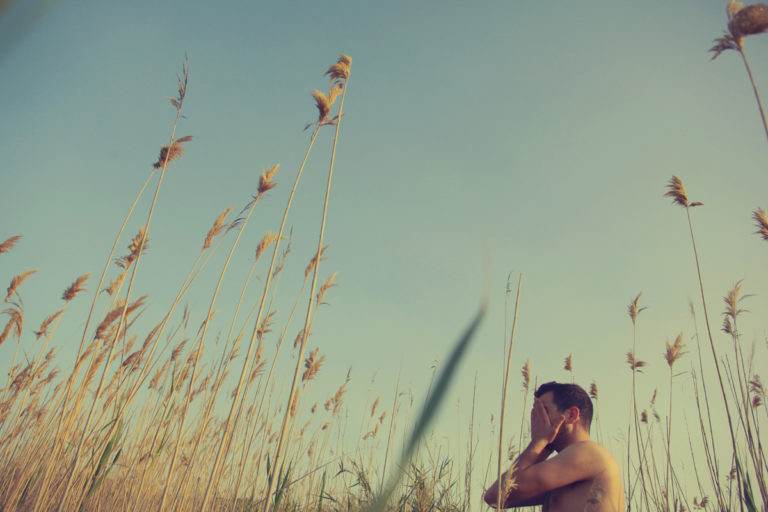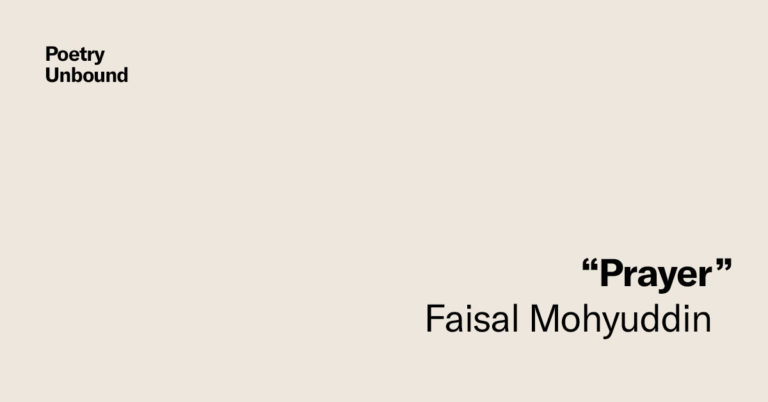
Image by Mehmet Nevzat/Flickr, Some Rights Reserved.
Praise Song for Wide Open Spaces
Wide open spaces fill my heart with a sense of awe. It can be a plain, a desert, a view from a mountaintop, a vista. Somehow wide open spaces remind me of God’s presence in ways that few mosques, churches, and temples ever have.
I have sat with this mystery for a while, wondering about what it is that touches our hearts so.
Be empty of worrying.
Think of who created thought!
Why do you stay in prison
When the door is so wide open?
—Rumi
The opening feels to me not so much like an emptiness but an invitation, a beaconing, a call, a welcoming. Wide open spaces feel like being drawn into a place that’s beyond place, a time beyond time. So many of the ancient sages have been saying this:
As Above,
So Below.
Somehow the wide open space here (“below”) serves as an opening to there (“above.”) It is no surprise that the great sages of yesterday used to call the natural cosmos the theater of manifestation of divine names. Some Muslim sages even went so far as to speak of two scriptures: the written-down scripture (Qur’an-e tadwini) and the existential scripture (Qur’an-e takwini). How lovely would it be to treat nature with the same reverence and respect that we would treat a Bible, a Qur’an, the Gita, the Sutras, and every other sacred scripture.
How beautiful to pause not just to smell the roses but to put my feet in a creek, to hold an autumn leaf in my hand, to close my eyes and feel the wind running past my cheek, to smell the moist moss in the woods. How lovely to read the “scripture” of nature verse by verse, this cloud, that hill, that creek. What an author, what a writing.

‘Aziz al-Din Nasafi, a 13th century mystic, talks about the need to “read” the scripture of nature “verse by verse,” phenomenon by phenomenon. The Qur’an itself repeatedly invites the reader to meditate on clouds, on dawn, on scorching wind, on the rising and setting of stars, on spiders and many other natural phenomena.
These teachings have a powerful ecological ethics for the faithful: the destruction of nature is not merely bad “stewardship,” it is akin to destroying the very signs by which we detect the presence of God. This love of wide open spaces moves us beyond the ethics of caretaking and custodianship. It is a reminder that we as human beings are part and parcel of the fabric of the natural cosmos. To destroy nature — as we are doing — is also to destroy a part of our own beings.
So many of us live lives that are disconnected from meaningful contact with fellow human beings, from a touch that heals, from nature, from the sacred. And yet there is something in us that responds to the call of the wild. The minute that we are in the woods, by a body of water, next to a mountain, listening to the wind in the desert, something in our hearts responds to the beauty and acknowledges the majesty.

These mystics would have resonated well with Mary Oliver’s wisdom, as she herself resonates so well with Rumi:
Meanwhile the sun and the clear pebbles of the rain
are moving across the landscapes,
over the prairies and the deep trees,
the mountains and the rivers.
Meanwhile the wild geese, high in the clean blue air,
are heading home again.
Whoever you are, no matter how lonely,
the world offers itself to your imagination,
calls to you like the wild geese, harsh and exciting —
over and over announcing your place
in the family of things.
The vastness, the grandeur, the opening reminds us of a truth we’ve always known, even if we haven’t had the words for it. It beckons us to take our place in the “family of things.” How lovely to be, how beautiful to belong to a family we are meant to be a part of.

We are designed to be whole. We are meant to be more than how we live most of the time.
Maybe there is something about this love of wide open spaces that is a desire to be bigger, grander, more connected. There’s something about the urge to lift up our gaze from the micro-dramas of our own life, and be more attuned to the larger rhythms of the cosmos, and the cosmic Artist.
We are meant to live lives that are complete and whole.
At least for me, this is the appeal of wide open spaces: a reminder of who we are, who we have been, and who we must become yet again. It’s a reminder that we are not “mere flotsam and jetsam in the river of life,” as Martin Luther King used to say, but that there is something in us as vast as the whole cosmos. Somewhere deep in our hearts, there is a faculty that reaches out for the whole universe, because it is made in the image of the cosmic Artist.
This is what open spaces are: a reminder that our hearts are meant to be open, cast open, flung open so that the whole cosmos is reflected within.
We are in awe of wide open spaces because we yearn to be back in touch with this Spirit. We are ultimately at home in wide open spaces because the spirit is not in our bodies. It is our bodies that are bathed in the cosmic Spirit.
Lift up your gaze from the page
turn your head from horizon to horizonOpen your eyes
There’s beauty all around.Close your eyes
There’s beauty all around.


